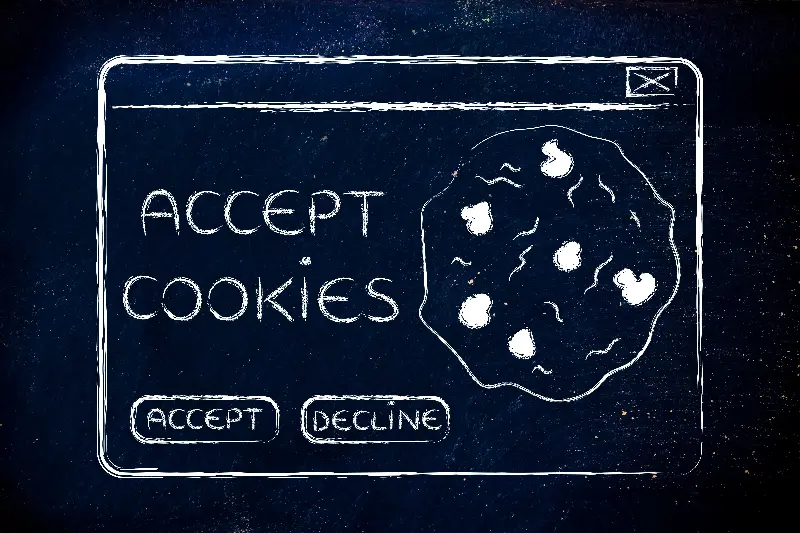
Cookies: those tiny, digital data morsels—almost as irresistible as their bakery counterparts—have become an unavoidable part of our online lives. Every visit to a new website comes with a pop-up, eagerly asking for our consent to sprinkle cookies on our devices. But what exactly lies behind these seemingly harmless prompts? The story is a fascinating blend of innovation and intrusion.
From their birth in the mid-1990s, cookies were designed as practical tools—a digital memory, enabling websites to recall who you are and what you like. Imagine not having to re-enter your login details every time, or your shopping cart waiting just as you left it; that’s cookies at work. They promise convenience, speed, and a personalised touch—making the web feel more like home.
What’s Really Hidden in a Cookie?
Though often unseen, cookies pack a surprising punch in what they store. At their core, they are simple text files assigned to your browser and device, collecting data with every interaction. But not all cookies are baked equally—some bring sweetness, others a hint of risk.
There are mainly three types:
- Session cookies: Temporary, they disappear when you close your browser.
- Persistent cookies: These linger, remembering choices and logins over weeks or months.
- Third-party cookies: Placed by advertisers or sites you might not even visit, tracking your moves across the internet.
It’s the third-party cookies that often cause a sour aftertaste, creating profiles of users and fuelling targeted ad campaigns—and, sometimes, privacy concerns.
The Double-Edged Sword: Personalisation vs Privacy
Cookies power much of the online personalisation we enjoy, delivering shopping recommendations, relevant news, and even remembering your preferred language. Yet, the same power can be unsettling. Data from cookies may be traded, analysed, and sometimes misused, blurring the boundary between helpful tailoring and invasive surveillance.
Consider these potential pitfalls:
- Unwanted Tracking: Advertisers and even shadowy data brokers can follow your clicks, building surprisingly detailed profiles.
- Data Leakage: If not properly protected, cookie data can escape into the wrong hands—an issue for both businesses and individuals.
- Consent Fatigue: Being barraged by consent pop-ups can cause users to click without reading—undermining the spirit of informed choice.
It’s a delicate dance: convenience and efficiency on one side; transparency and control on the other.
Regulation, Evolution, and the Future Crumble
Fierce debates over digital privacy have triggered worldwide changes. The European Union’s GDPR and similar laws have forced websites to seek clear consent for cookies—even leading major browsers to phase out support for third-party cookies entirely. Google Chrome’s forthcoming changes in 2024 could reshape how tracking and online advertising operate.
Still, tech companies are baking up new solutions such as “privacy sandboxes” and device-based storage—attempts to balance user anonymity with the advertising dollars that underpin much of the free internet. The final recipe for digital privacy is still being written.
Looking Beyond the Pop-Up
Next time your screen flashes with a cookie consent prompt, pause a moment. Consider what’s being offered—and what you might be giving up. Cybersecurity experts recommend regularly clearing cookies, using private browsing modes, or exploring privacy-focused browsers.
However, the real fascination lies in how something as small as a cookie can fuel billion-dollar industries and complex ethical questions. As we navigate this digital smorgasbord, will we hunger for ever more convenience, or demand stronger safeguards for the privacy of our clicks and cravings? The answer, and the future of cookies, might just depend on us.
